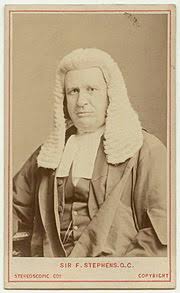
On #ConstitutionDay2020, let's go back to Constituent Assembly Debates when fiscal provisions of the Constitution were debated. Last 5 minutes of the day were remaining & the President asked if anyone wants to speak. One Mr. K. Santhanam seized the opportunity. (1/n) 

He made an important point on the financial relation b/w Centre & States. As if having a premonition, he made the famous "beggars at the door of the Centre" remark. Of course, the context was different but the concerns remain relevant even today - GST, tax devolution, etc. (2/n) 

Recent difficulties faced by States are actually forcing the States to be "beggars at the door of the Centre". Santhanam's prophecy has been fulfilled. What was opposed during the debates has been made part of the working of the constitution now.
#ConstitutionDay2020 (3/3)
#ConstitutionDay2020 (3/3)
As a side note, Mr. Santhanam headed the Santhanam Committee which resulted in creation of CVC in 1960s.
• • •
Missing some Tweet in this thread? You can try to
force a refresh



